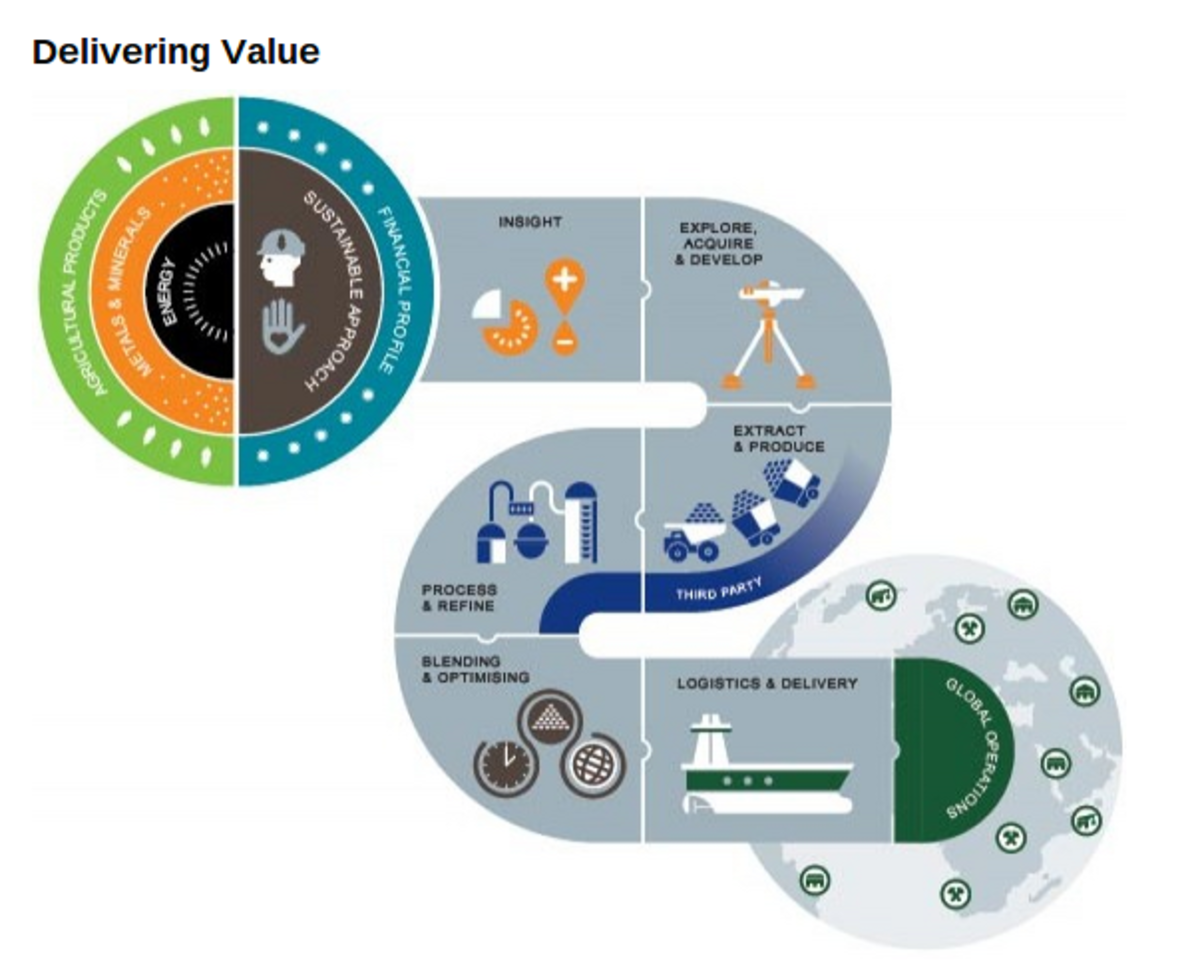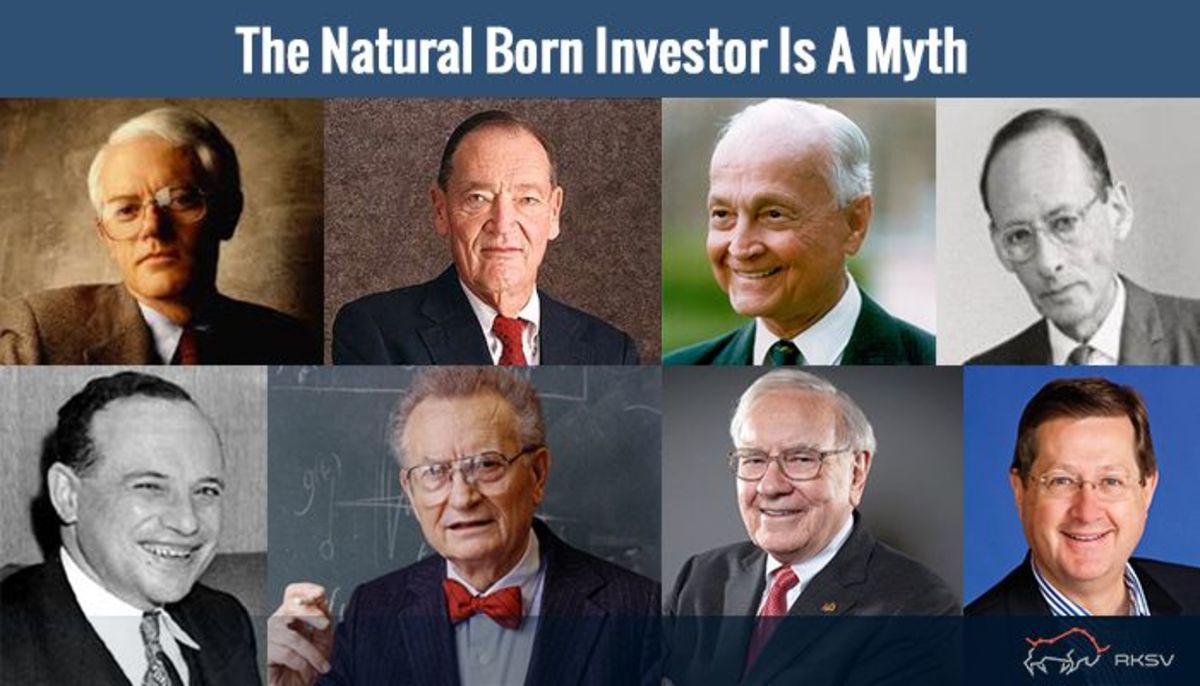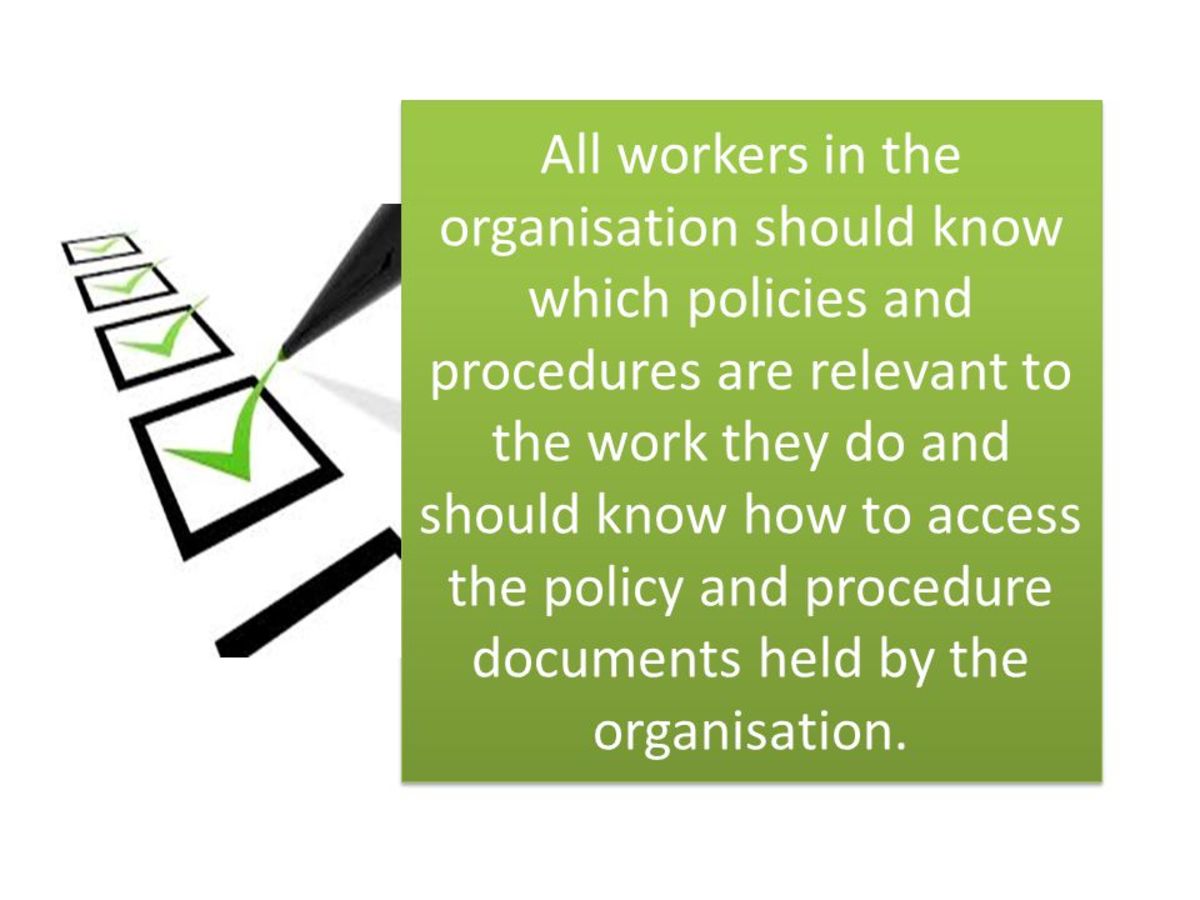Trade the Financial Markets

How to go about Trading the Financial Markets
There are several ways to trade the financial markets, and much depends on what type of market participant you are. You could be a short term trader on one end of the scale or a long term investor on the other side.
There is a distinction between trading and investing. Trading is how investment decisions are carried out (i.e. buying and selling securities). Investing is more long term in nature.
The purpose of this piece is to describe how to trade the markets whether it is short term or long term.
Hopefully you will learn how to trade and more importantly how to trade profitably.
Different Trading Platforms
There are various avenues that you can explore when it comes to trading activity. You will need to decide on which markets to trade, and the manner in which you will trade these markets.
Below is a summary of different platforms:
1. Stockbroker
2. Prime Brokerage
3. Mutual Funds
4. Spread Betting and CFD's
I will go through each in turn.
Stock Broker

Stock Broker
Most people will be familiar with the role of a Stock Broker. Essentially if you want to trade an equity (e.g. Facebook, GE, IBM stocks), then you will need a stock broker account.
You then place your orders with the stock broker to buy and sell the stocks you are interested in.
There are costs involved and these vary by stock broker. It is important to consider these costs, because they can eat into your profits quick quickly, especially for relatively small accounts.
In general there are 2 types of fees charges:
1. Commissions - these are charged every time you trade stocks, and can be a fixed amount or a percentage of the value you trade.
2. Account Maintenance fees - These are charged whether you trade or not, and are generally charged quarterly.
Which broker you choose should depend on the size of you account, and how often you intend to trade. Generally it is better to trade in large amounts and not too often. A common problem with retail investors is the tendency to over-trade and is a symptom of behavioural finance (a subject that I intend to write about later this year).
My recommendation is to look for about 10 quality stocks to buy and hold for the long term. Don't be tempted to trade in and out of these because the commissions will eat away at your long term profits. That is not to say that you should not review your holdings from time to time - you should do this at least annually. If a stock has put in a stellar performance and looks expensive, then perhaps it may be a good time to reduce your holdings in that stock, and invest the proceeds in a cheaper looking stock.
Prime Brokerage
If you intend to trade futures and options, then you may need a prime brokerage account, although many stock brokers will provide the option of investing in futures also.
There are specific issues to consider when trading futures and options.
In general futures and options should be traded by professional investors, institutions, companies (for hedging purposes) and possibly high net worth investors.
Futures and options are derivatives, and carry risk that many investors should not take. Also many retail investors do not understand the risks involved.
My favourite market to trade is the S&P500 Index, and futures are a good way to trade this market, but the minimum lot size is $50 (on the E-Mini contract), and this is a little too rich for many small traders. I personally use spread betting (see below) instead, because you can essentially set your own lot size. However Spread Betting is not available in the USA due to gambling laws.
Broker Accounts
- XM Forex World Championship
XM introduces the world-first One Million Dollar Forex World Championship, consisting of 12 rounds, offering all clients the opportunity to enter the
Spread Betting
Spread Betting is familiar to many sports lovers as a way to bet on scores within games. However what I mean is financial spread betting where you bet on the direction of a particular market and you win or lose a certain dollar/euro/pound per point that the price moves.
It is not legal in the USA because it is considered gambling, however it is popular in the UK and Ireland and other European countries. A similar product that is more widely available and works on the same concept is CFDs or Contracts for Difference. The main difference is that CFDs are generally taxable, whereas spread betting is generally tax exempt.
Like all trading, it is essential that you have excellent risk management strategies when trading online. Know how much you can lose on any particular bet/trade. You should always trade with stop-loss orders to help avoid nasty losses. However a note of caution - some trades do not have guaranteed stops - so what you think is your maximum loss may be higher.
Note also that some markets can move rapidly either in your favour or against you. Look out for market moving events. For example the somewhat unexpected BREXIT vote (Britain voting to leave the EU) in June 2016, had a massive impact on some markets - notably the Pound Sterling against the US Dollar. The Pound got "pounded" so to speak, and hit their lows not seen in over 30 years. If you were caught on the wrong side of that trade without a stop-loss, you would have lost A LOT of money!
One of the other benefits of using financial spread trading or spread betting is that you can set your own lot size. Earlier I mentioned that when trading Futures there are pre-set lot sizes, like 250 per point on the S&P500 futures contract. With Spread Betting, you decide how much you are willing to trade per point, and it can be as low as $1 per point (depending on the company you trade with).
My favourite Trading sites
- Learn About Wall Street
Learn about Wall Street - Subscription service where you can use our S&P500 trading levels to trade yourself. We also provide daily market commentary. - CNBC
CNBC- Business News Worldwide
Interesting Trading related books:
Some other great sites
- Local Events Directory - List and Find Local Events - Events On Nearby
Search the most complete local events directory. List your local events.
Risk Management
So trading can be a lucrative business, but there are definite risks involved.
So it is essential to have sound risk management practices when trading. Essentially what this means is 2 things:
1. Setting stop losses to limit the loss you can make on any single trade.
2. Ensuring that you trade at appropriate levels based on your capital.
I'll take each one in turn.
I briefly mention stop-losses earlier. When you open a trade, you should set the limit of what you are willing to lose on that trade. Obviously your aim is to make a profit, but it's next to impossible to trade profitably on every trade you place. And as I also mentioned, the markets can move violently against you.
The levels you trade at should be appropriate to the capital you are willing to use when trading. As a general rule, you should risk no more than 2% of your capital on any one trade. So, lets say your capital is $100,000, you should set your stop losses at $2,000 on that trade.
There is another rule you should think about as a strategy - thats the 3:1 rule. For every $1 that you are willing to lose - you should aim to make a profit of $3. Ok - so that may seem strange.
What I mean is that you should have in your mind that there is a possibility of making $3, even though you could lose $1 on that trade. It's another rule to help with letting your wins run, while closing out your losing trades. The maths on this mean that you can lose about 70% of your traded positions, and still be in profit overall.









